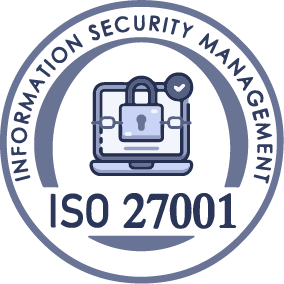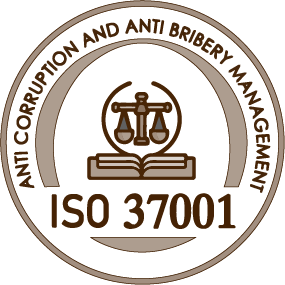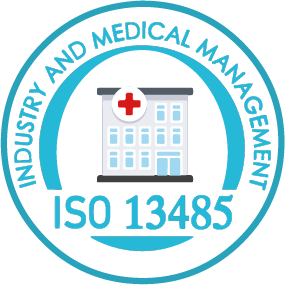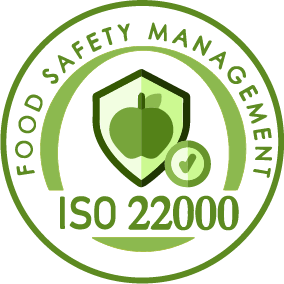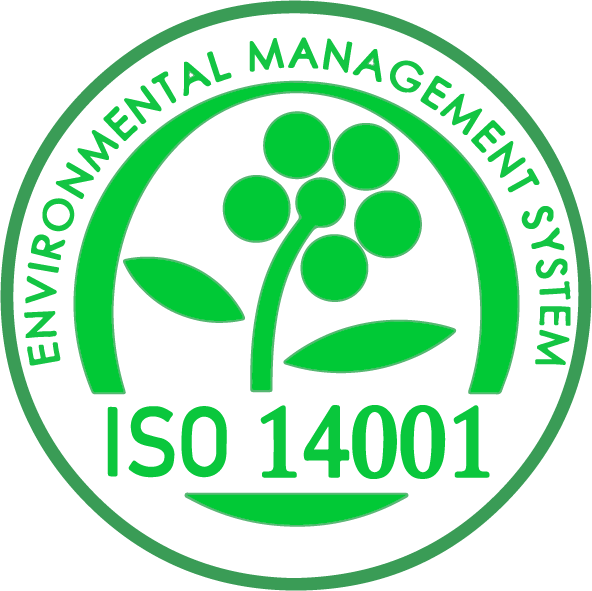Call Us: +201000223355
ISO 21001:2018
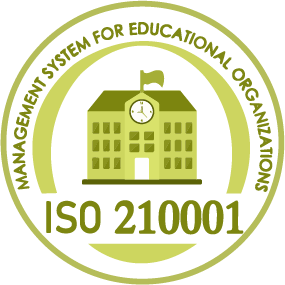
ISO 21001:2018 specifies the requirements for a management system for educational organizations (EOMS). It applies to any organization that provides, shares, and facilitates the development of knowledge through teaching, learning, or research, regardless of the type, size, or method of delivery. The standard focuses on the interaction between the educational institution, learners, customers, and other relevant interested parties.
